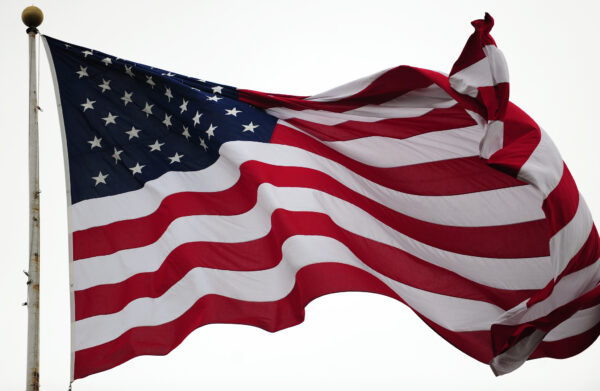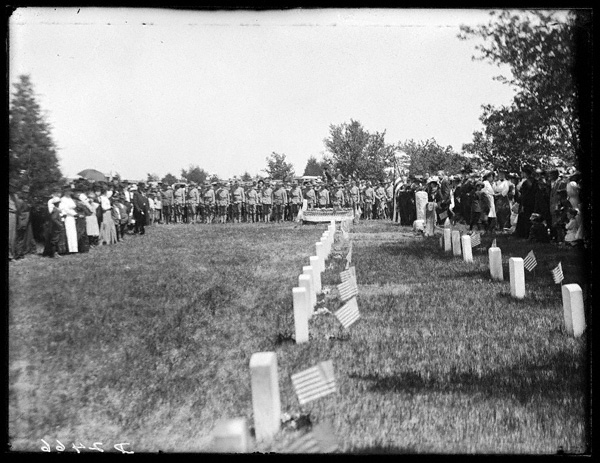
What’s now known as Memorial Day has its roots in the Post-Civil War era. (Photo: Fred Seibert)
Since the early days of the Post-Civil War era, Memorial Day has honored American servicemembers who have died in the line of duty.
1968: Memorial Day Used to Be Known as Decoration Day
Through two World Wars, the Korean War, the Vietnam War, and the conflicts in the Middle East, the American Civil War remains one of the United States’ bloodiest conflicts. Both sides suffered astronomical casualty rates; and combined, as many as one million war dead.
By many accounts, the earliest celebrations honoring Civil War losses occurred sporadically throughout the reunited nation almost immediately after the war’s end. In fact, the federal government recognizes a celebration that occurred in 1866 in Waterloo, New York as the official origin of Memorial Day. However, historians debate the veracity of this, and other traditions may have begun earlier.
There is, however, concrete evidence that the first iteration of what’s now known as Memorial Day occurred only a couple of years later. In 1868, Union General John A. Logan designated May 30th as Decoration Day to honor those lost. In the years after, most northern states continued to commemorate the war’s enormous losses on May 30th. Meanwhile, former Confederate states practiced similar celebrations on various dates—but there was no central guiding principle and both sides largely blamed the other for the losses.
When the reunified United States found itself in another major conflict roughly half a century later, this time on foreign soil, the holiday was forced to evolve—except this time, the entire country united to honor America’s war dead.

Until World War I, Memorial Day was known as Decoration Day. (Photo: U.S. Library of Congress)
The Late 1910s: Memorial Day Is Established
Through the end of World War I, World War II, and the Korean War, the United States celebrated May 30th as Memorial Day.
Instead of the many and sometimes conflicting celebrations held by different states, the whole of the United States celebrated all of America’s fallen servicemembers as one nation. For the next 40 years, the holiday continued to evolve into what it is today.
1971: The Uniform Monday Holiday Act Goes into Effect
In 1968, Congress passed the Uniform Monday Holiday Act to, among other changes, redesignate Memorial Day as the last Monday each May. Three years later, the changes implemented in the act were made official and Memorial Day was established as a federally recognized holiday.
Memorial Day Traditions
Like many military and veterans holidays, cities across the United States throw parades and ceremonies to recognize Memorial Day. Families of fallen servicemembers and volunteers often visit cemeteries to honor the people they have lost.
In 2000, Congress passed an amendment to observe a national moment of remembrance at 3:00 PM local time every Memorial Day.












